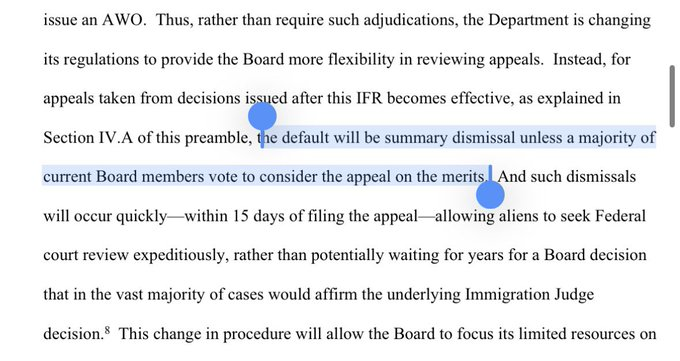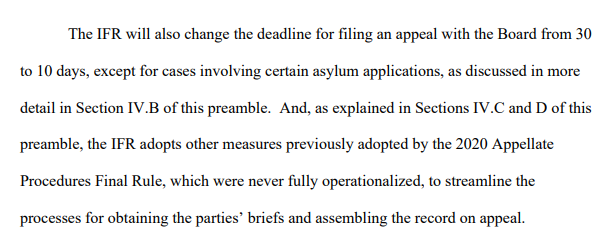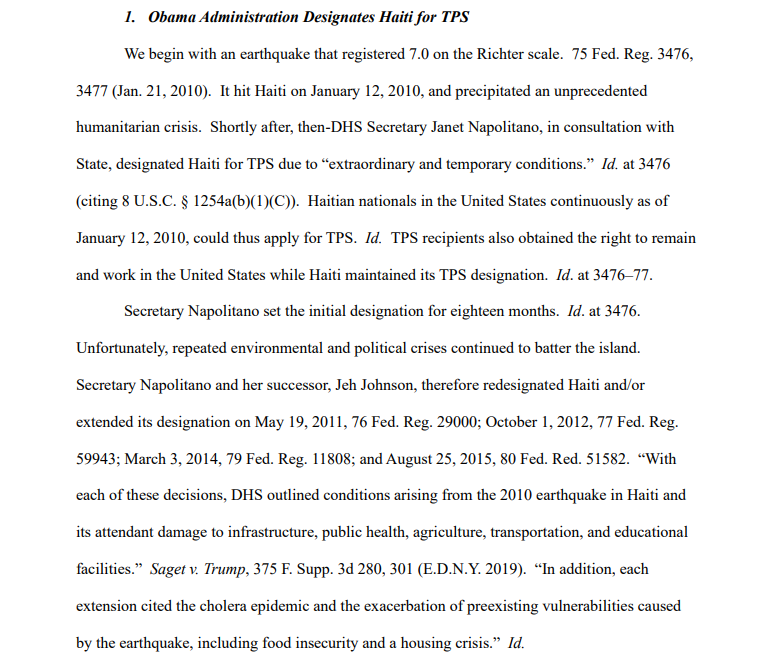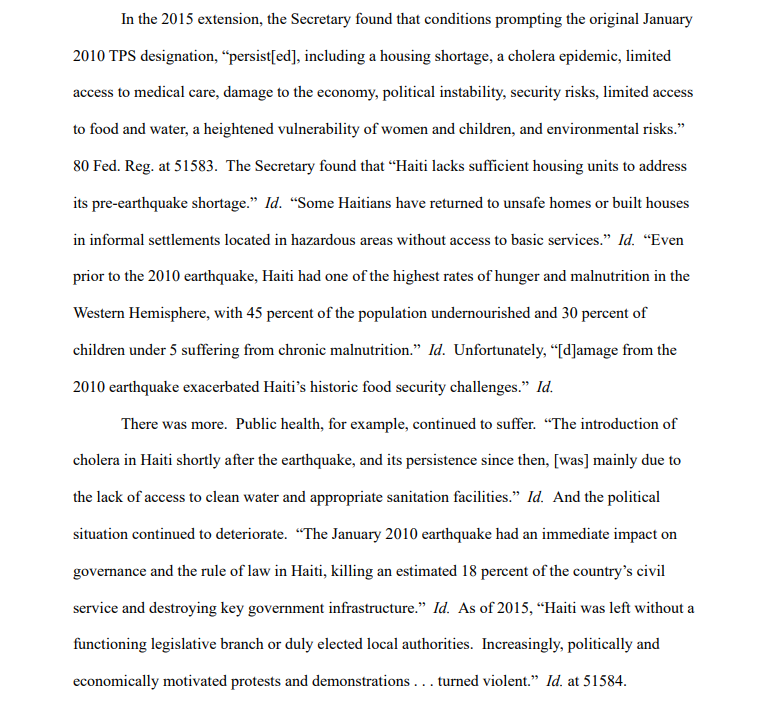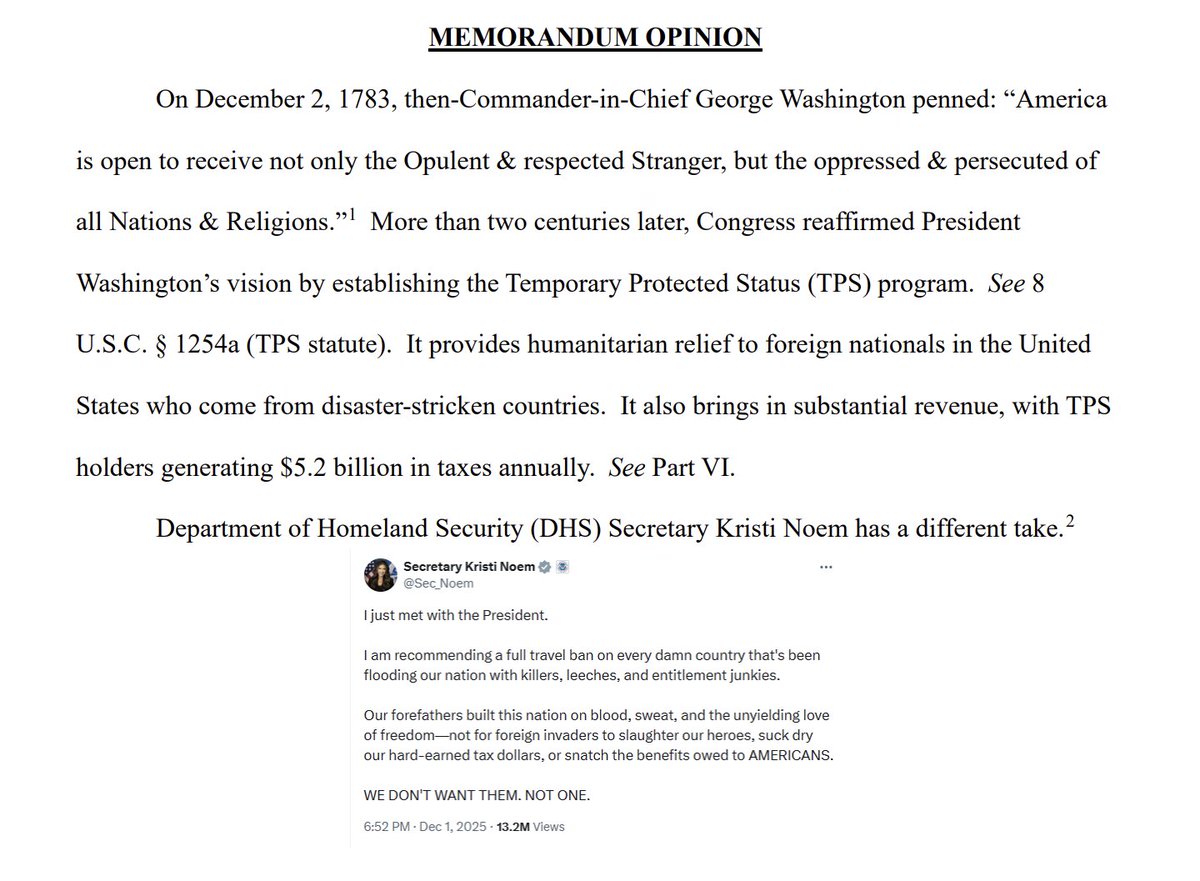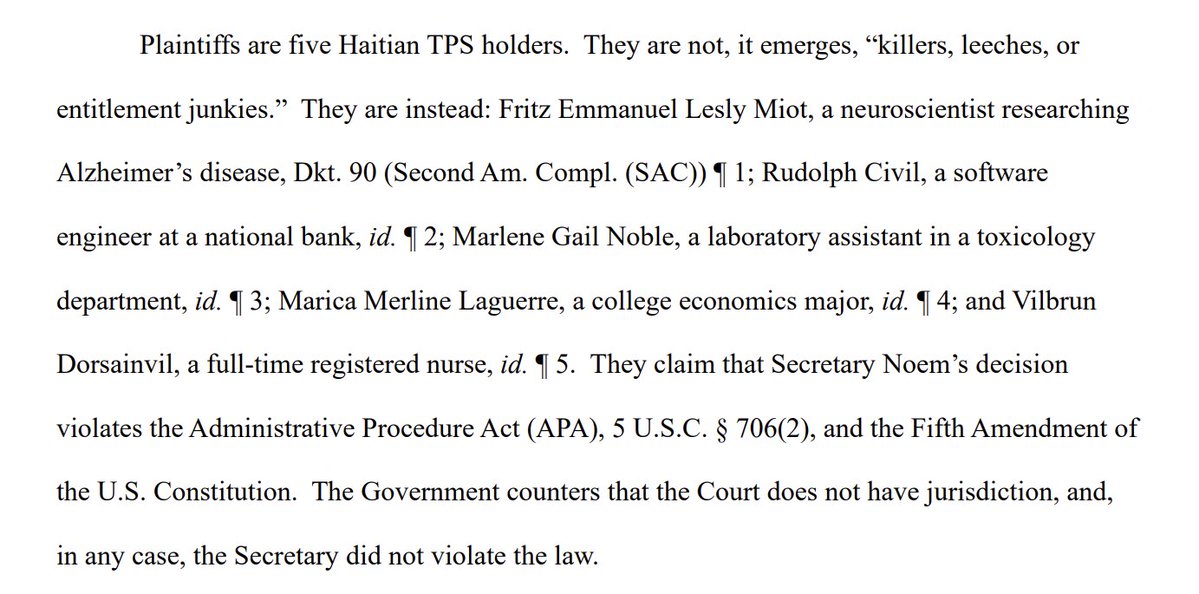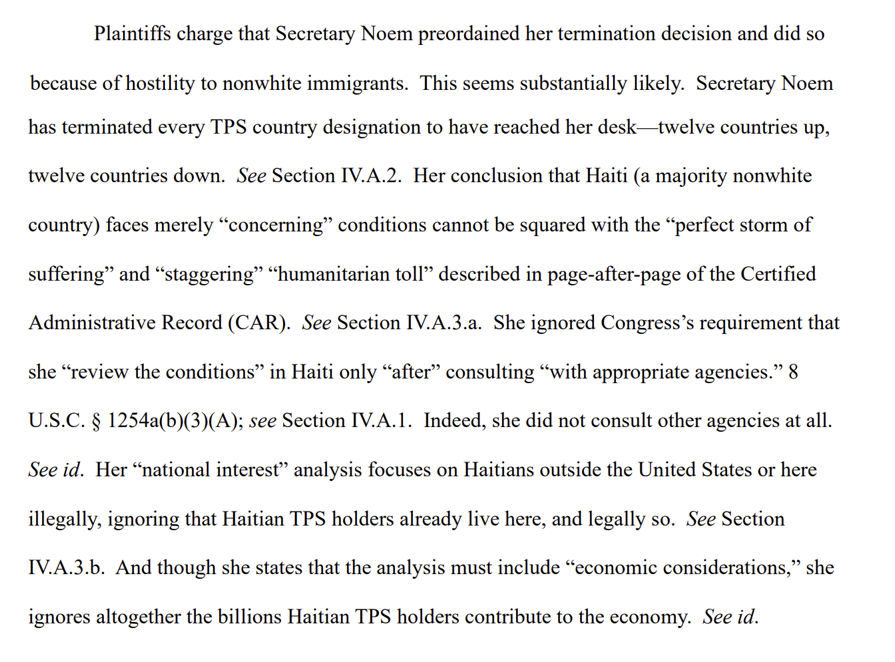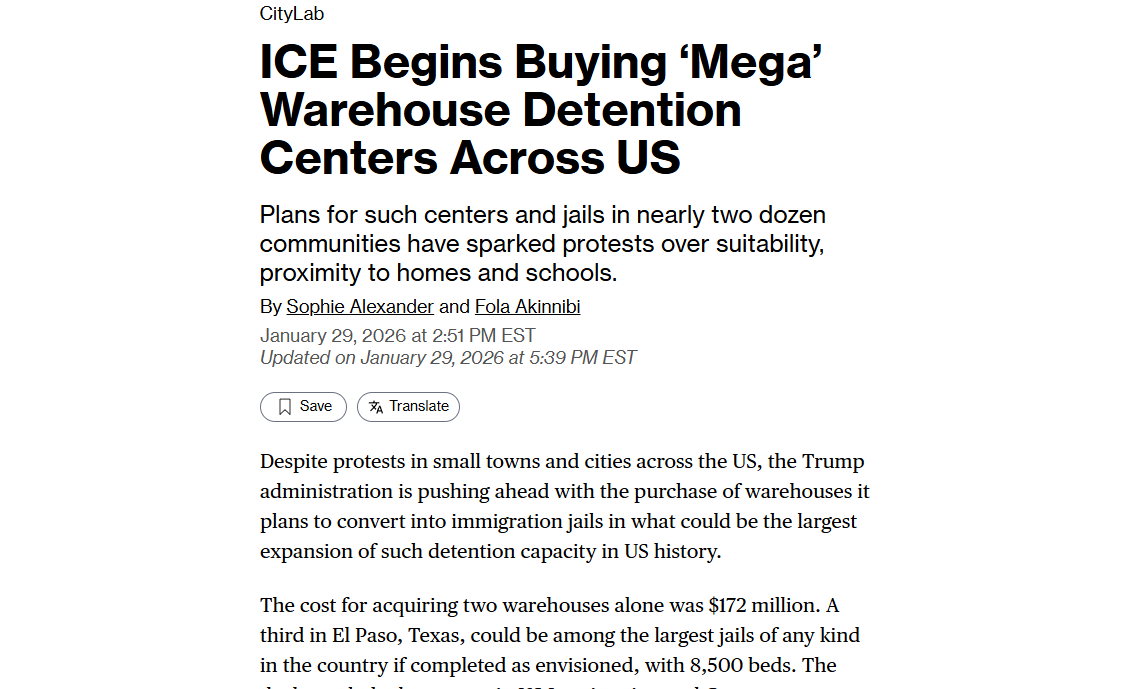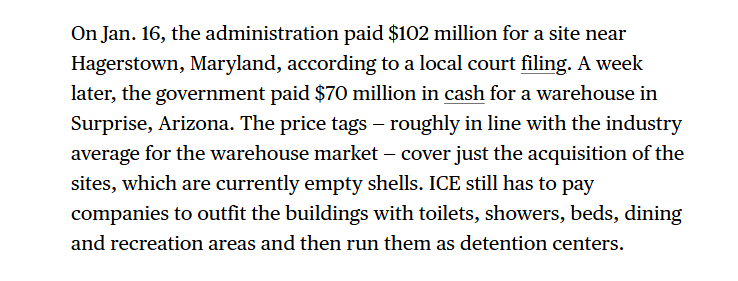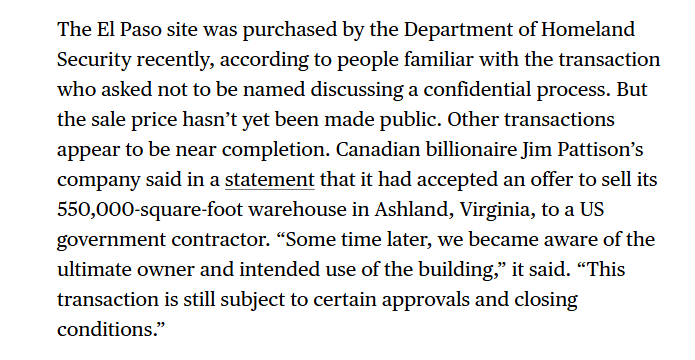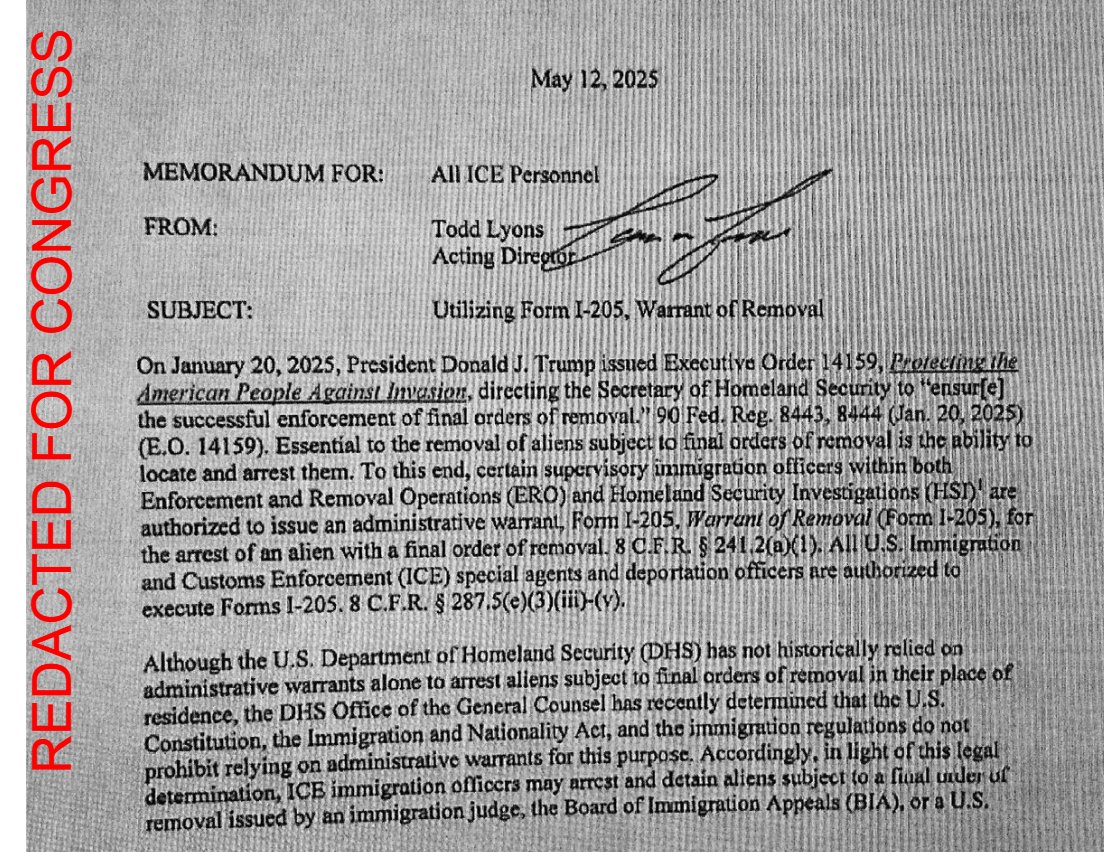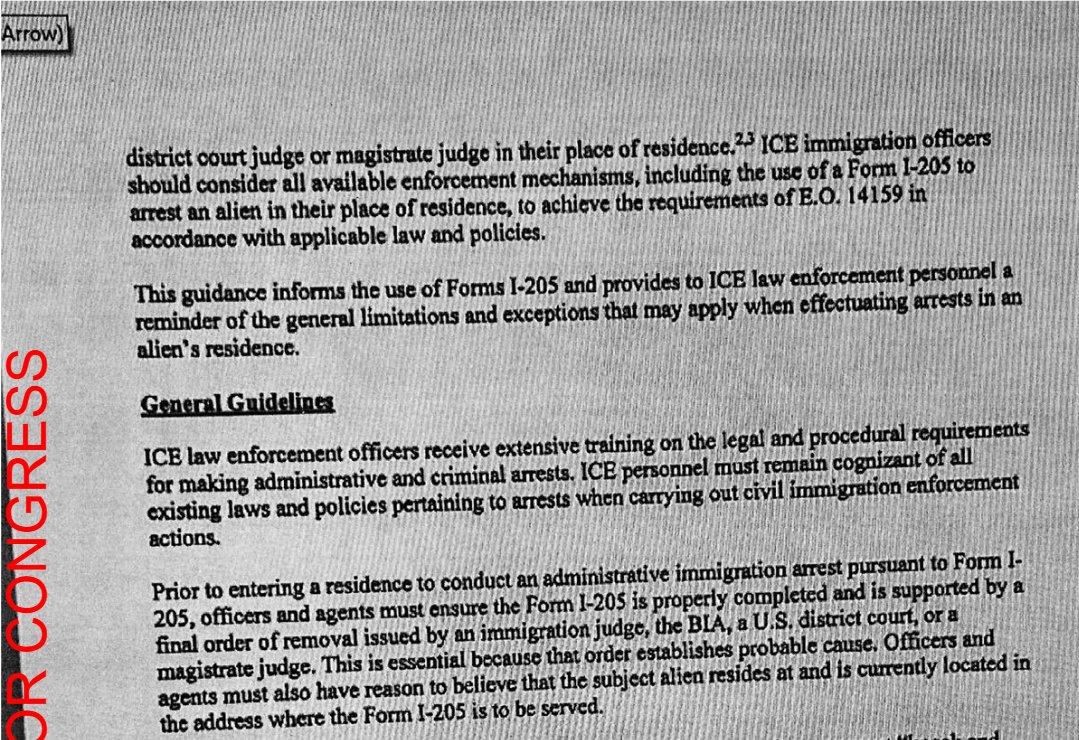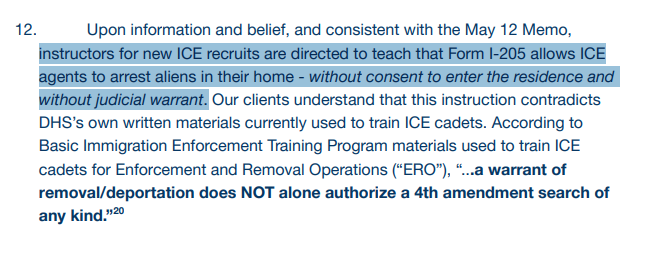Another major change to the legal immigration system; the Trump administration wants to eliminate "duration of status" visas for international students, exchange visitors, and international media.
Students would be limited to visas that last 2-4 years, with extensions allowed.
Students would be limited to visas that last 2-4 years, with extensions allowed.
https://twitter.com/SuzanneMonyak/status/1309116380009168897
Under DHS's proposal, it seems that international journalists on assignment in the US would be effectively prohibited from remaining for long periods of time.
The proposal would limit their visas to at most 240 days, and require them to file for Extension of Statuses after that.
The proposal would limit their visas to at most 240 days, and require them to file for Extension of Statuses after that.

New restrictions on student visas would also be imposed by the rule, including limiting language training students to a maximum 24-month period of stay, requiring students to leave the U.S. more quickly after their visa expires, and setting a limit on changing educational levels. 

Importantly, under the new rule international students would receive automatic six-month extensions of their status once they filed for an extension, which would in times when @USCIS was actually functional ensure that people would get an answer before their status expired. 

Here's the full list of changes DHS says the rule would make for international media.
I don't know much about "I" visas, so I don't know how many foreign journalists use them to remain in the US for long periods of time. But these changes seem designed to make that impossible.
I don't know much about "I" visas, so I don't know how many foreign journalists use them to remain in the US for long periods of time. But these changes seem designed to make that impossible.

Here's another good thread going over some of the more fine details of the rule, from someone with significantly more experience in these types of visas than me.
https://twitter.com/doug_rand/status/1309123184575344647
Importantly, @doug_rand notes that the new proposed rule would effectively impose racist nationality-based limitations on some foreign students, declaring people security threats purely based on the place they were born and the nationality they posses.
https://twitter.com/doug_rand/status/1309124563138154498
Probably the biggest change in the rule would be a ban on student visas longer than 2 years for any person born in, or a citizen of, a country with a student visa overstay rate over 10%—meaning no bachelor/grad degrees.
As I show, that bans most of Africa
As I show, that bans most of Africa
https://twitter.com/ReichlinMelnick/status/1309144126793940995
• • •
Missing some Tweet in this thread? You can try to
force a refresh


